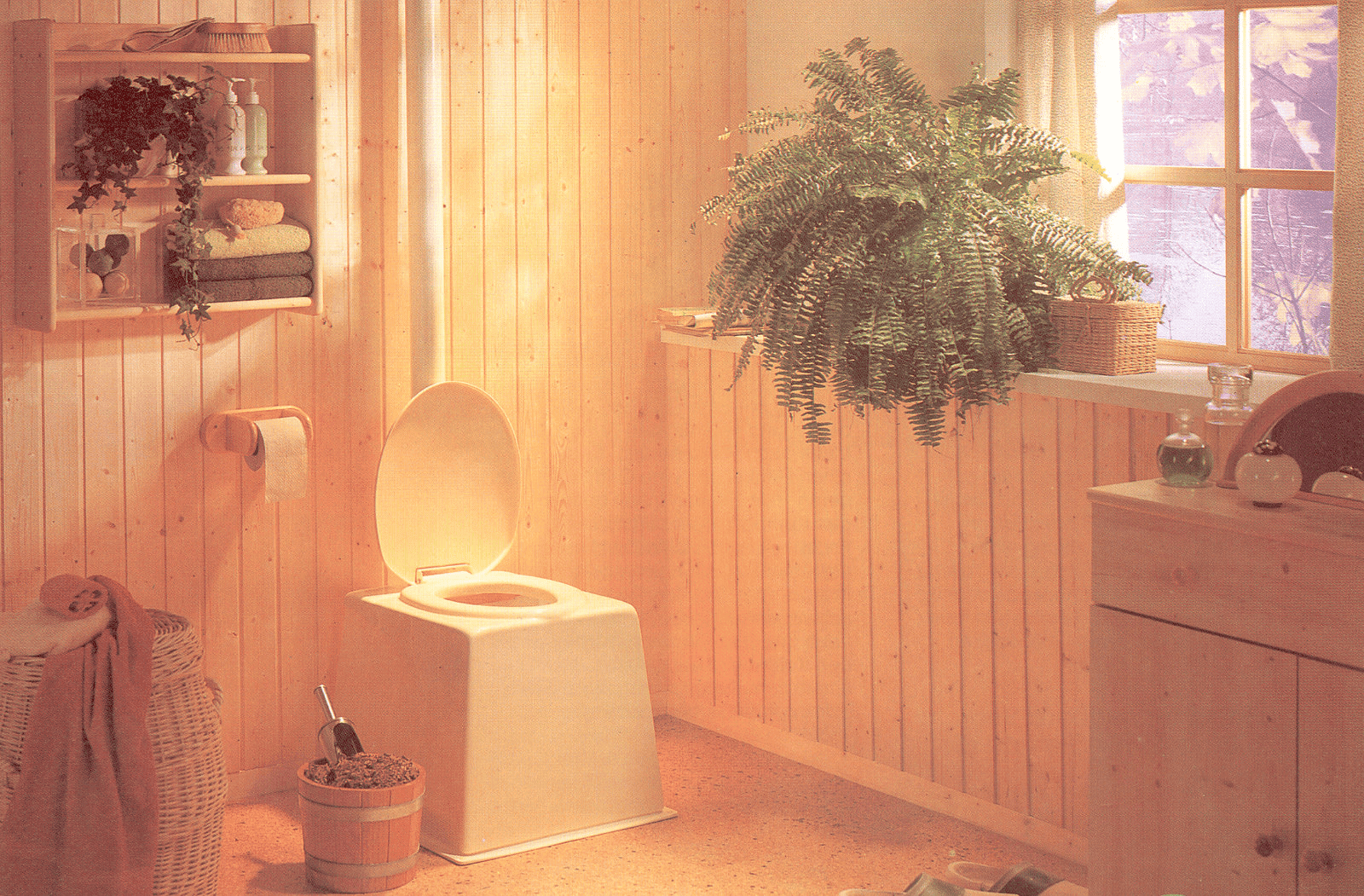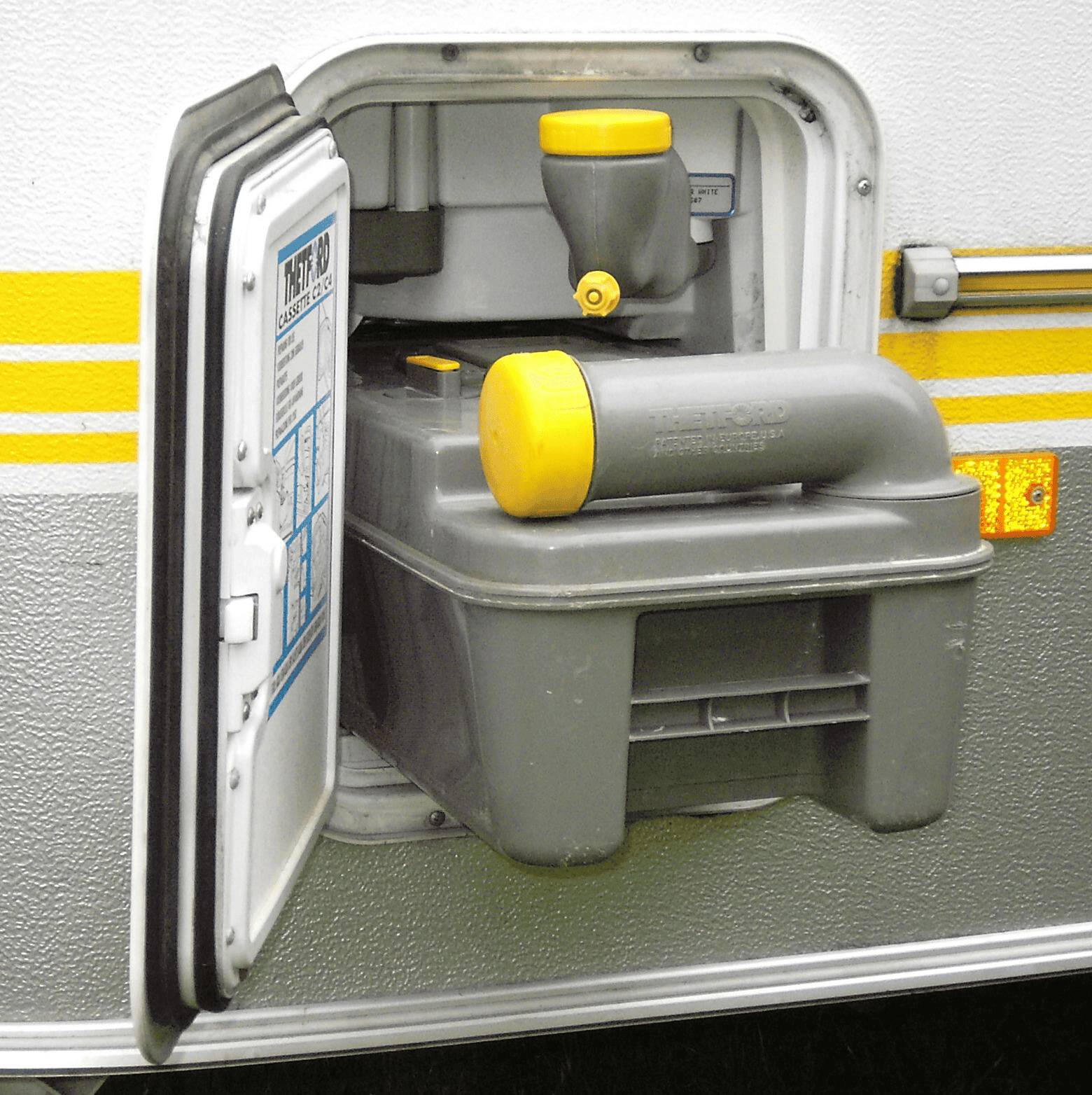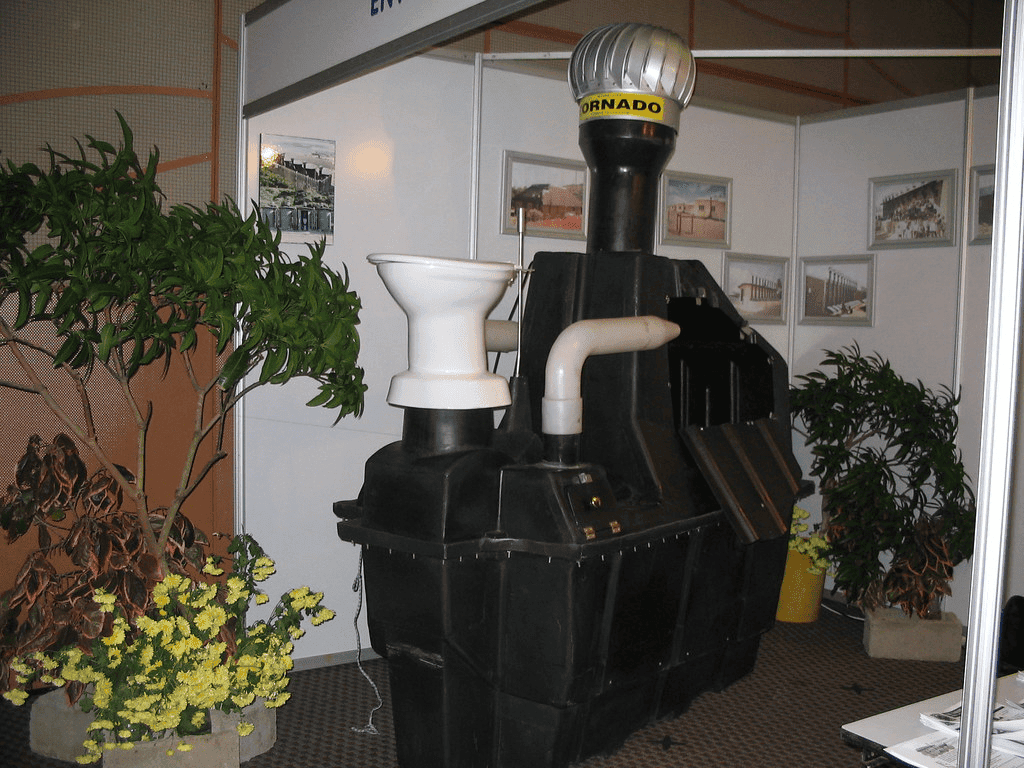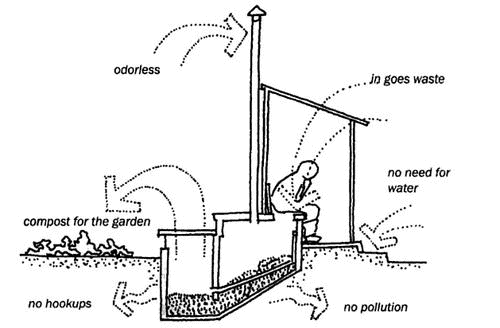Cassette Toilet vs Compost Toilet: A Comprehensive Guide
When it comes to portable sanitation solutions, choosing the right type of toilet can make all the difference. Flush toilets are a common alternative to both cassette and compost toilets. For those living off-grid, traveling in an RV, or seeking eco-friendly options, cassette toilets and compost toilets are two popular choices. But how do you decide which one is best for your needs? In this article, we’ll delve into the details of both cassette and compost toilets, comparing their features, advantages, and drawbacks. By the end, you’ll have a clear understanding of which toilet suits your lifestyle, whether you’re looking for the best portable cassette toilet or a portable compost toilet.
Overview of Cassette Toilets
Cassette toilets, a common sight in RVs, boats, and even some tiny homes, feature a detachable waste tank, making them a preferred portable toilet. The design of a cassette toilet is straightforward: it includes a toilet bowl, a toilet seat, a flush mechanism, and a cassette or holding tank, embodying the essence of a cassette porta potty.
Cassette Toilets
When you use a cassette toilet, waste is flushed into the holding tank. In cassette toilets, toilet paper is often disposed of in a trash can to prevent clogging and ensure smooth operation. This tank is designed to be easily removed from the outside of the RV or boat for emptying. Many cassette toilets use a combination of fresh water for flushing and chemicals to break down waste and reduce odors, ensuring efficient toilet waste disposal and odor control.
Common Uses for Cassette Toilets
Cassette toilets are popular in mobile settings due to their compact size and ease of use. They’re commonly found in.
Recreational Vehicles (RVs)
Boats
Campervans
Tiny homes
Their portability and convenience make them a practical choice for travelers and those with limited space, epitomizing the ideal travel toilet. Additionally, cassette toilets can be an alternative to systems that require a septic tank, especially in areas with limited water supply or during natural disasters.
Pros and Cons of Cassette Toilets
Like any product, cassette toilets come with their own set of advantages and disadvantages. Understanding these can help you determine if a cassette toilet is the right choice for you.
One potential disadvantage is the need for a greywater system when using cassette toilets in certain settings. Improperly installed systems can lead to odor issues, so it’s important to monitor various factors for efficient functioning.
Advantages of Cassette Toilets
Convenience – Cassette toilets are easy to use and maintain. The waste tank can be quickly detached and emptied, making them a hassle-free option for those on the go, highlighting the importance of toilet maintenance.
Compact Design – Their compact size makes them ideal for small spaces. They don’t require a large footprint, which is perfect for RVs and boats, showcasing the significance of considering toilet dimensions in your choice.
Portability – The detachable waste tank allows for easy emptying. You don’t need a fixed sewage system, making them versatile in various settings, from using a cassette potty in a tiny home to a portable solution in off-grid living.
Odor Control – Many cassette toilets use chemicals that help break down waste and control odors, ensuring a more pleasant experience. This toilet odor control and the use of toilet deodorizer are key features for maintaining a fresh environment.
Disadvantages of Cassette Toilets
Limited Capacity – The waste tank has a limited toilet capacity, meaning it needs to be emptied frequently, especially with regular use.
Chemical Use – The need for chemicals to break down waste can be a downside for those seeking an eco-friendly toilet solution.
Maintenance – Regular toilet maintenance is required to keep the toilet functioning properly. This includes toilet cleaning the waste tank and ensuring the seals are intact.
Disposal – Finding appropriate disposal sites can sometimes be challenging, especially in remote areas.
Overview of Compost Toilets
Compost toilets are gaining popularity among eco-conscious individuals and those living off-grid. These composting toilets use a natural composting process to break down waste into usable compost. A key component of these systems is the composting unit, which manages the collection and composting of waste, preventing over saturation and diverting urine to control odors. Unlike traditional toilets, waterless toilets don’t require water for flushing, making them an environmentally friendly option.
Compost Toilets
Compost toilets use aerobic bacteria to decompose human waste. The waste is collected in a chamber where it is mixed with a carbon-rich toilet litter material like sawdust, peat moss, or coconut coir. Over time, the waste breaks down into compost, which can be used as a soil amendment in gardens.
Common Uses for Compost Toilets
Compost toilets are versatile and can be used in a variety of settings, including:
Off-grid homes
Cabins
Eco-friendly camping sites
Tiny homes
Outdoor events
They effectively manage bathroom waste, allowing for the recycling and composting of both kitchen waste and bathroom waste, which contributes to cutting down on overall household waste and lessening the negative environmental impact.
Their ability to operate without water makes composting toilets suitable for areas with limited water supply or where environmental impact is a concern, such as off-grid toilets.
Pros and Cons of Compost Toilets
Compost toilets offer numerous benefits, but they also come with their own set of challenges. Let’s explore the pros and cons to help you decide if a compost toilet is right for you.
Advantages of Compost Toilets
Eco-friendly – Compost toilets are one of the most environmentally friendly sanitation options available. They don’t require water for flushing, reducing water consumption significantly, making them an ideal eco-friendly toilet choice.
Sustainable – By converting waste into compost, these toilets create a valuable resource that can be used to enrich soil. Proper management of the compost pile is crucial for effective composting, ensuring high temperatures or long composting times to kill pathogens.
Cost-effective – Over time, compost toilets can save money on water and sewage bills. They are also less expensive to install in off-grid locations compared to traditional plumbing systems.
Minimal Odor – Properly maintained compost toilets have minimal odor. The composting process naturally reduces smells, making them a pleasant option for users, thanks to effective toilet odor control.
Disadvantages of Compost Toilets
Maintenance
Compost toilets require regular maintenance to ensure the composting process is working correctly. This includes adding carbon-rich material, stirring the compost, and occasionally removing the finished compost. Proper toilet maintenance is key to their efficiency. Most composting toilets require regular upkeep to function properly, including managing moisture levels and ensuring adequate aeration.Space Requirements
They typically require more space than cassette toilets due to the need for a composting chamber, highlighting the importance of considering toilet dimensions.Initial Cost
The initial cost of a compost toilet can be higher than a cassette toilet, though this is often offset by long-term savings.Time for Composting
The composting process takes time, meaning waste won’t immediately turn into usable compost. Users need to be patient and understand the process.
Comparison and Considerations of the Composting Process
Now that we have a clear understanding of both cassette and compost toilets, let’s compare them side by side based on various factors.
Environmental Impact of Human Waste
Compost toilets are the clear winner in terms of environmental impact. They don’t require water for flushing and turn waste into valuable compost. Cassette toilets, while convenient, rely on chemicals and regular emptying, which can be less eco-friendly. Overall, composting toilets are a more eco-friendly toilet option.
Ease of Use of Waterless Toilets
Cassette toilets are generally easier to use and maintain, especially for those who are frequently on the move. The quick detachment and emptying process make them ideal for RV users and boaters. Compost toilets require more hands-on maintenance and a better understanding of the composting process, emphasizing the need for diligent toilet maintenance.
Cost
While the initial cost of a compost toilet can be higher, they can save money in the long run by reducing water and sewage bills. Cassette toilets have a lower upfront cost but may incur ongoing costs for toilet chemicals and disposal fees.
Space and Installation
Cassette toilets are compact and easy to install, making them suitable for small spaces like RVs and boats. Compost toilets require more space for the composting chamber and may need a more complex installation process, especially for stationary use. Considering portable toilet options and understanding toilet dimensions and installation requirements is crucial.
Odor Control of Toilet Waste
Both types of toilets offer excellent toilet odor control when properly maintained. Cassette toilets use chemicals to manage odors, while compost toilets leverage the natural composting process for the same. The secret to keeping any unpleasant smells at bay is regular toilet maintenance, crucial for both systems.
Suitability for Off-grid Living
For those embracing off-grid living, composting toilets often emerge as the superior choice, thanks to their sustainability and minimal water usage. While cassette toilets can also serve off-grid purposes, locating appropriate disposal sites for the waste tank presents a notable challenge.
Deciding between a cassette toilet and a composting toilet hinges on your unique needs and lifestyle. If convenience and ease of use, particularly in mobile environments, are your top priorities, a cassette toilet might be your go-to. Conversely, if you’re environmentally minded and ready to invest time in maintaining a sustainable system, opting for a composting toilet could be your best bet.
Understanding the advantages and drawbacks of both cassette and compost toilets is key to making a well-informed choice. Regardless of your preference, both options cater to the essential needs of portable and off-grid sanitation effectively.
Taking into account various factors such as environmental impact, user-friendliness, cost, space, and how well it fits with your lifestyle allows you to pinpoint the toilet that best suits your requirements. Ultimately, the right choice is one that not only aligns with your values but also fulfills your practical needs. Compared to a traditional toilet, both cassette and composting toilets offer unique benefits and challenges, particularly in terms of waste management and environmental sustainability.




